Featured
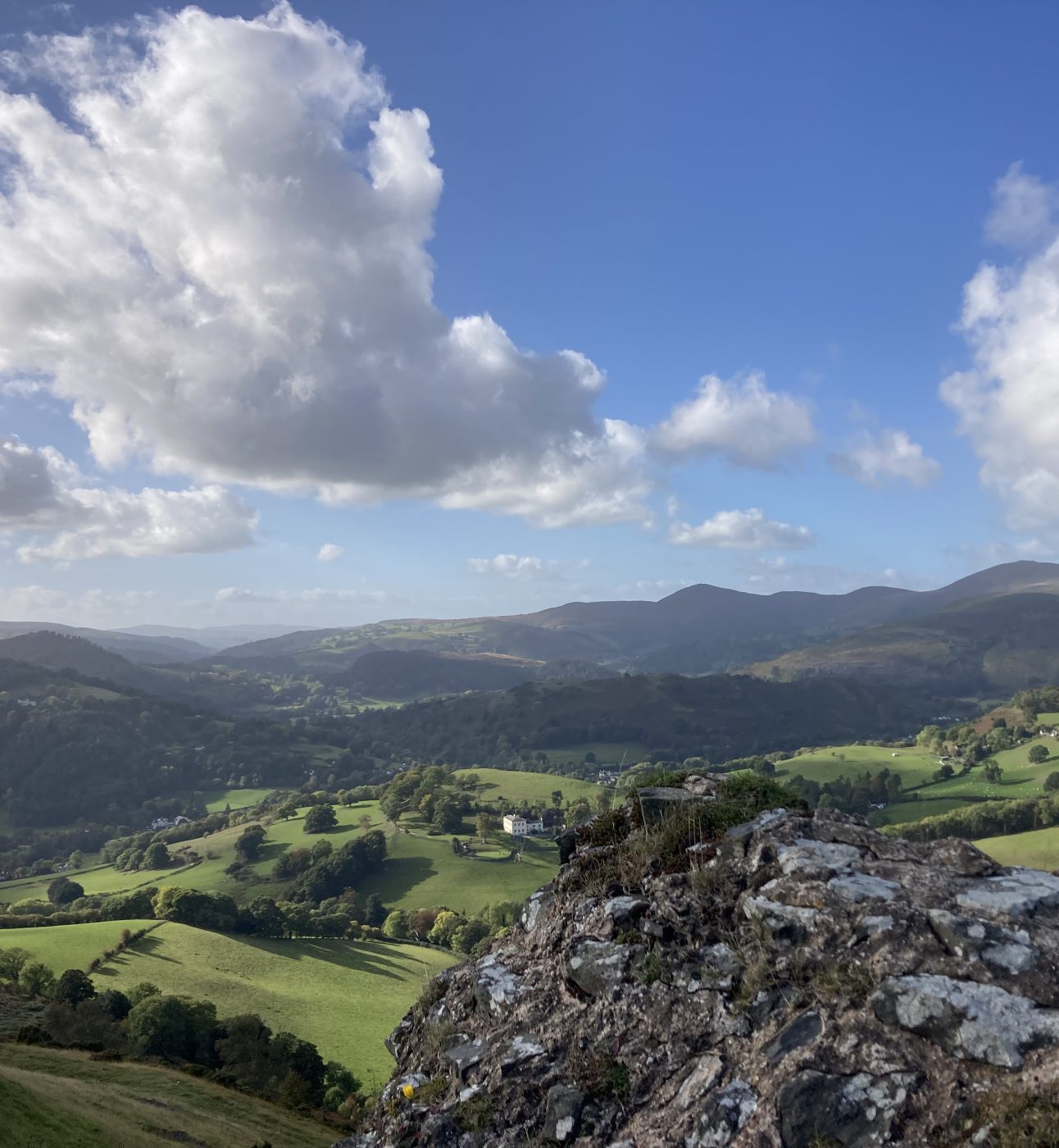
How to Support the Glyndŵr National Park Proposal
Plans for a new National Park in North East Wales are one step closer to completion amd we're urging the public to engage in the consultation
Get the latest news from Campaign for National Parks and across the National Parks of England and Wales
Featured

Plans for a new National Park in North East Wales are one step closer to completion amd we're urging the public to engage in the consultation
Featured
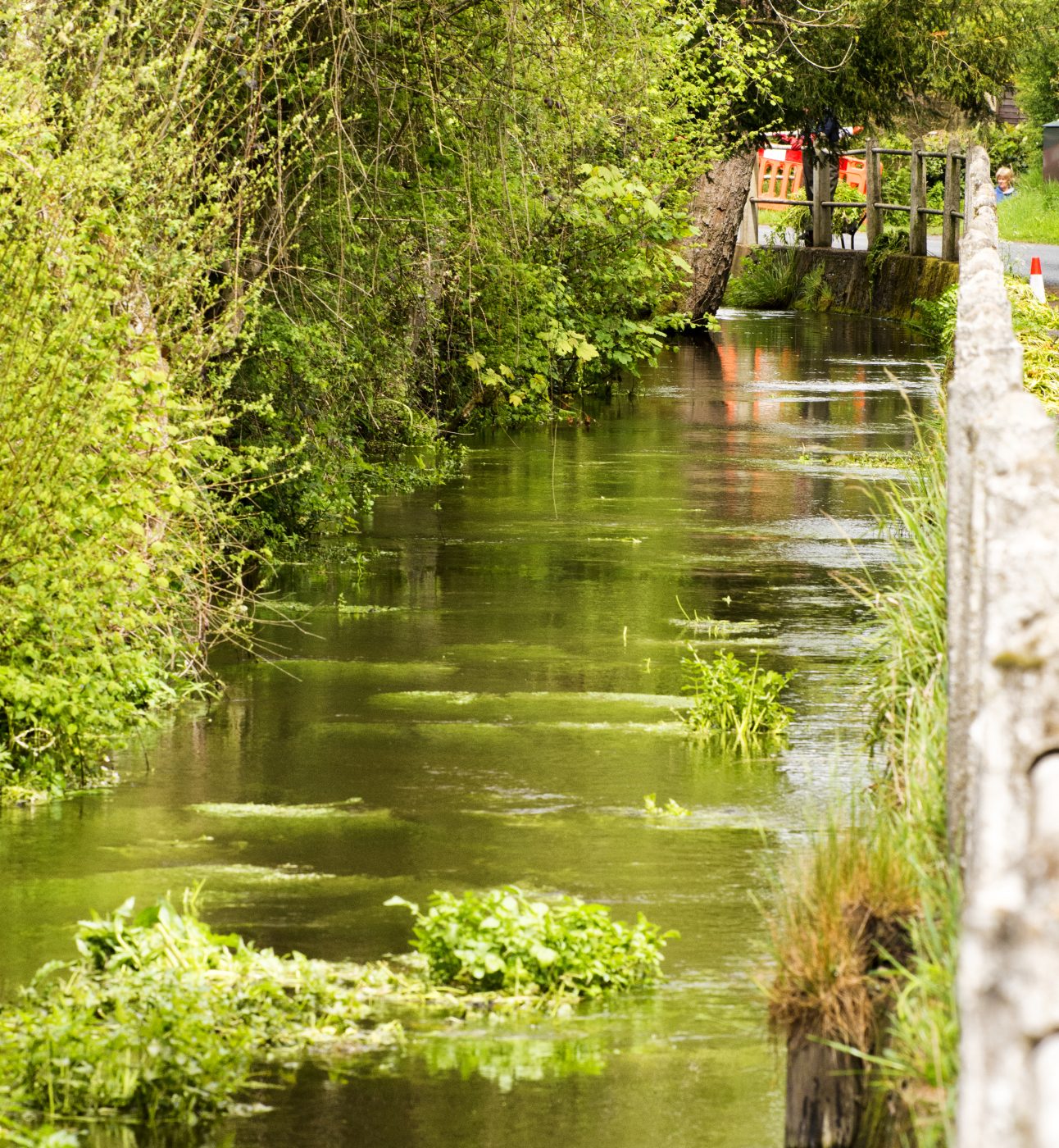
Westminster government published its list of amendments for the Planning and Infrastructure Bill and there are no proposals to weaken protections for National Parks.
Featured
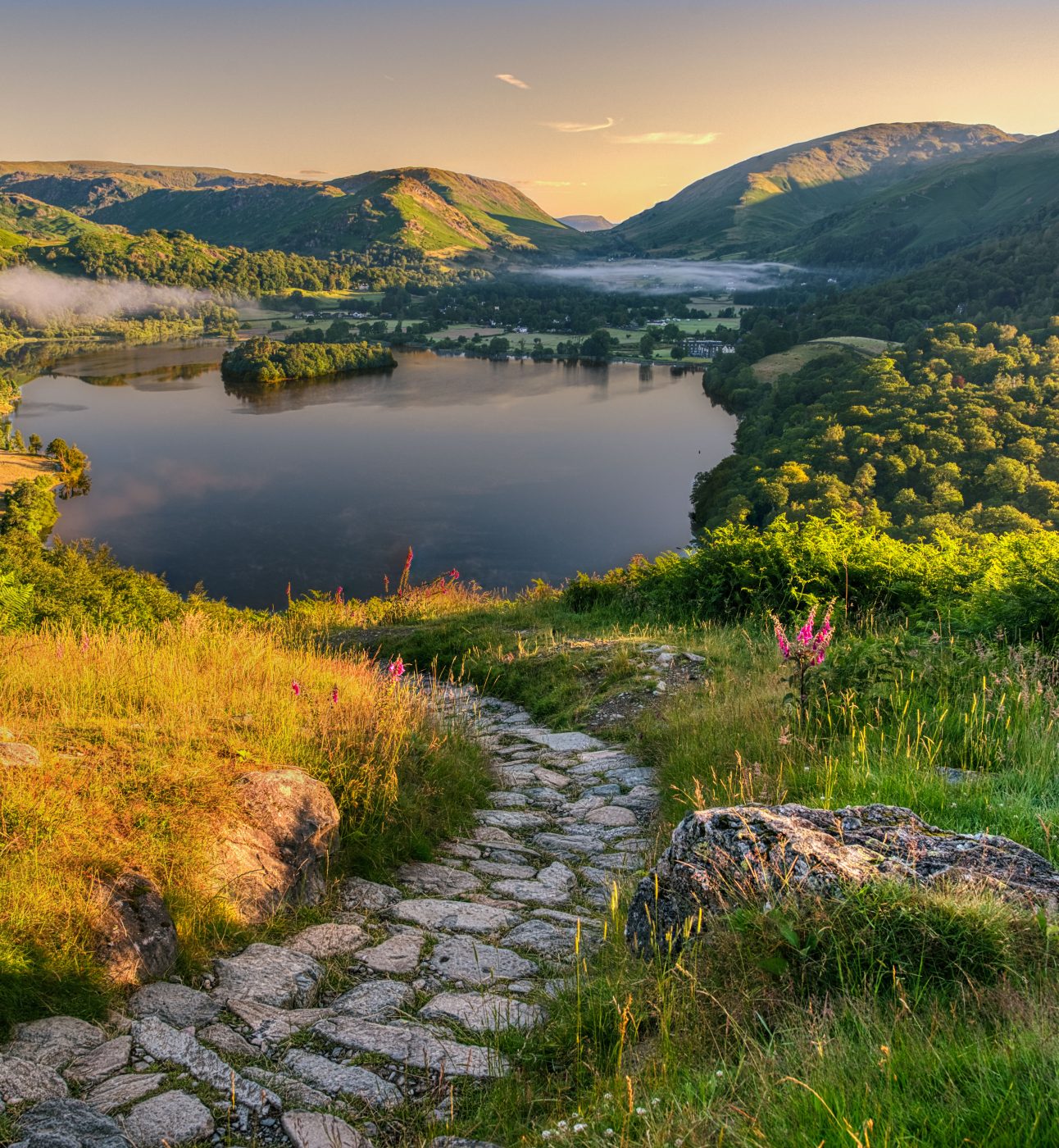
Over 200 charities, businesses and organisations have signed our open letter to Keir Starmer asking him not weaken the laws protecting National Parks

Response to speculations that the UK Government is minded to repeal the duty on public bodies to "seek to further" National Park and Landscapes purposes.
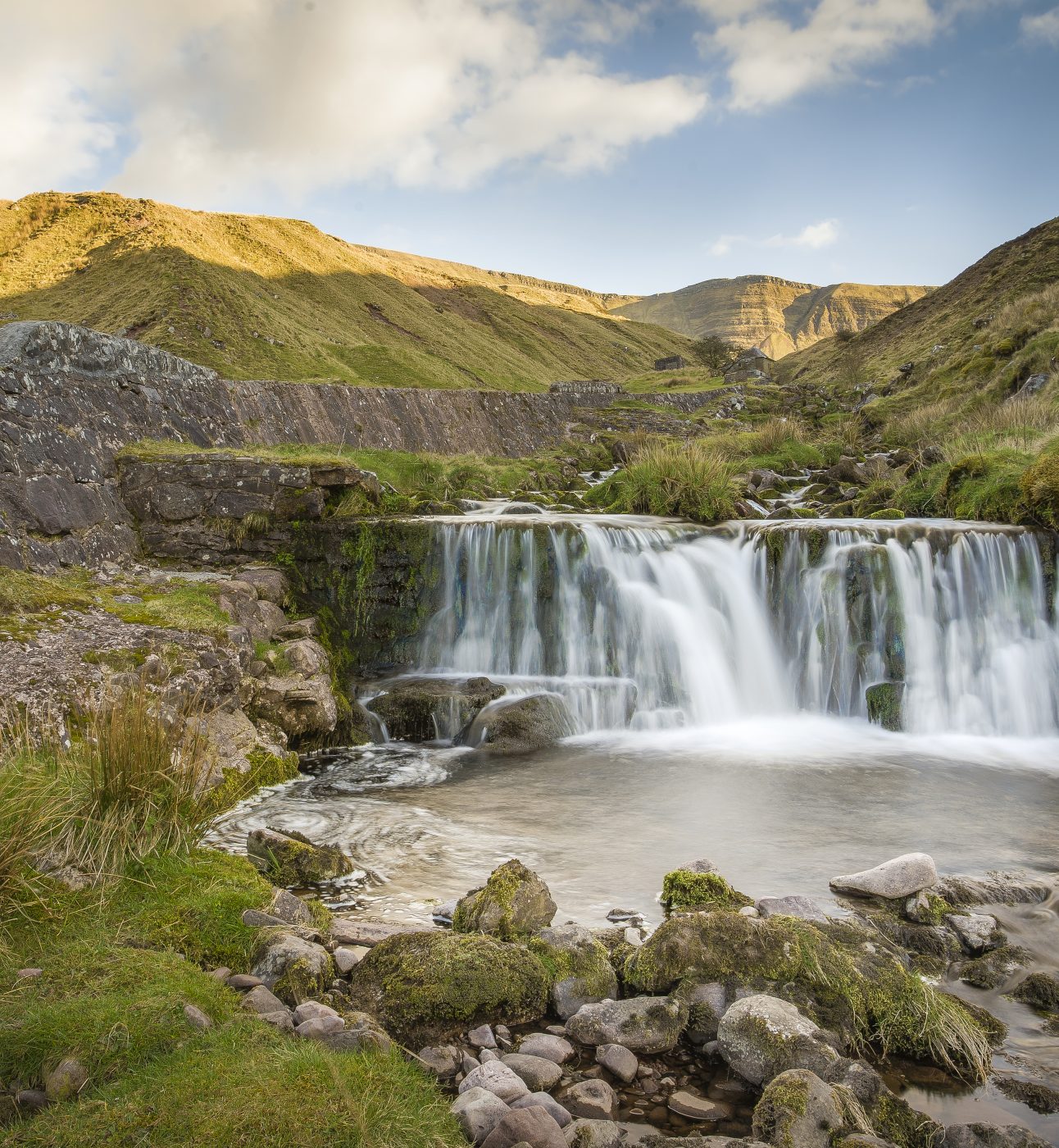
Our new research shows National Park rivers are being failed by government and water regulators and are now under threat.
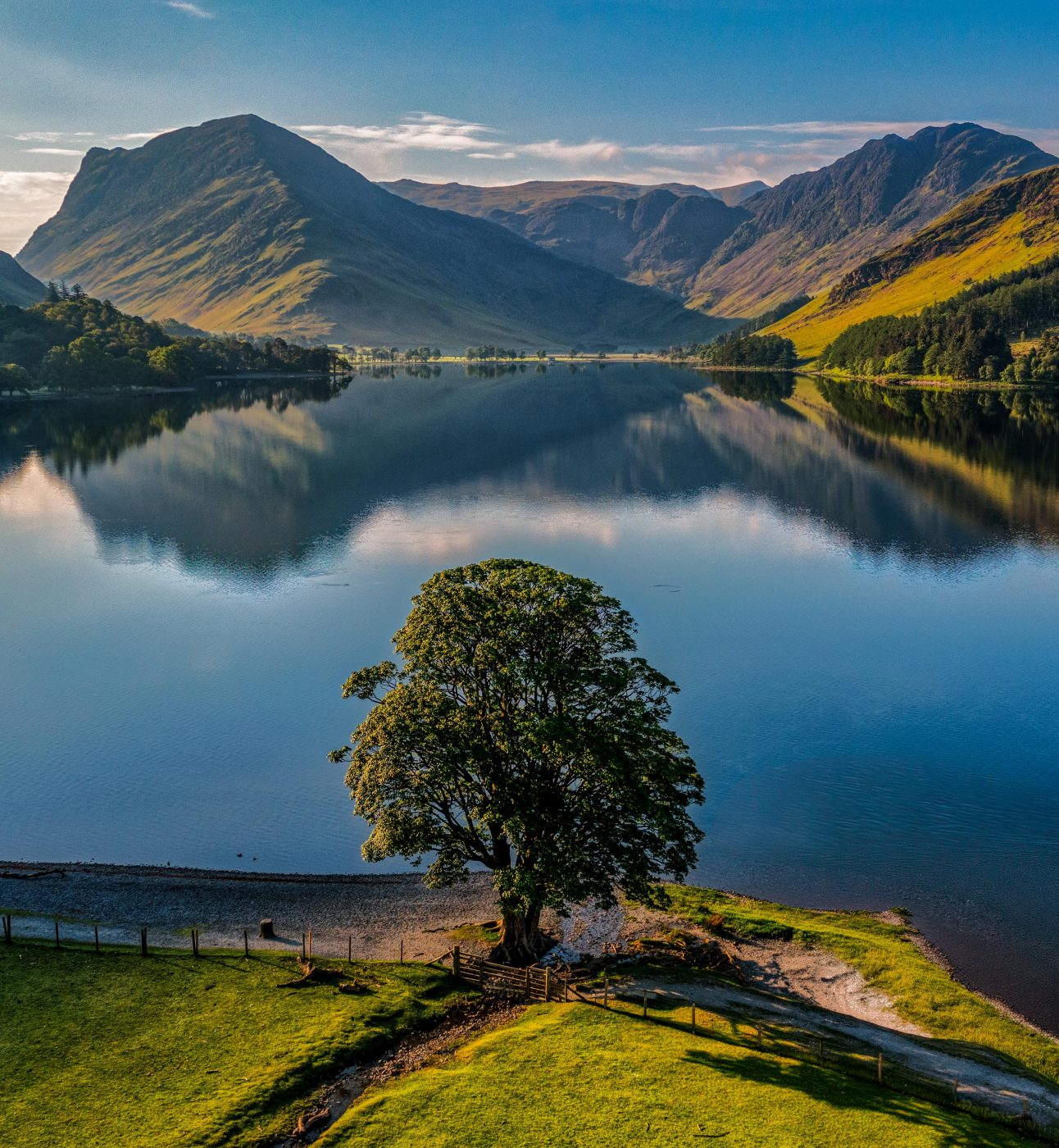
The Cunliffe Independent Water Commission has published recommendations for reforming the water regulatory system, but throughout this detailed report National Parks fail to be mentioned.
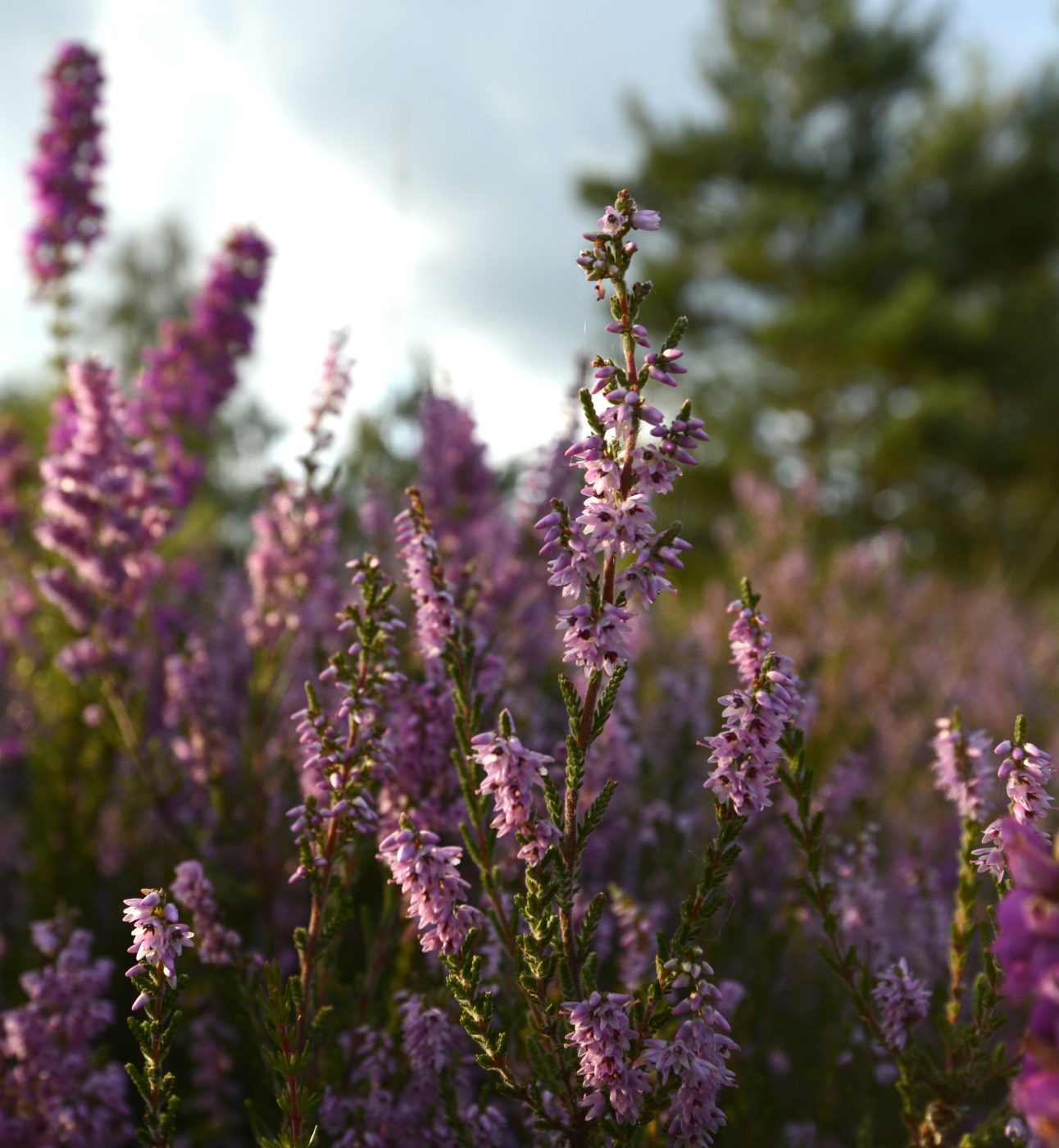
The UK Government has released official data on the state of nature in England’s Protected Landscapes, marking a big step forward in understanding how these special places are faring.
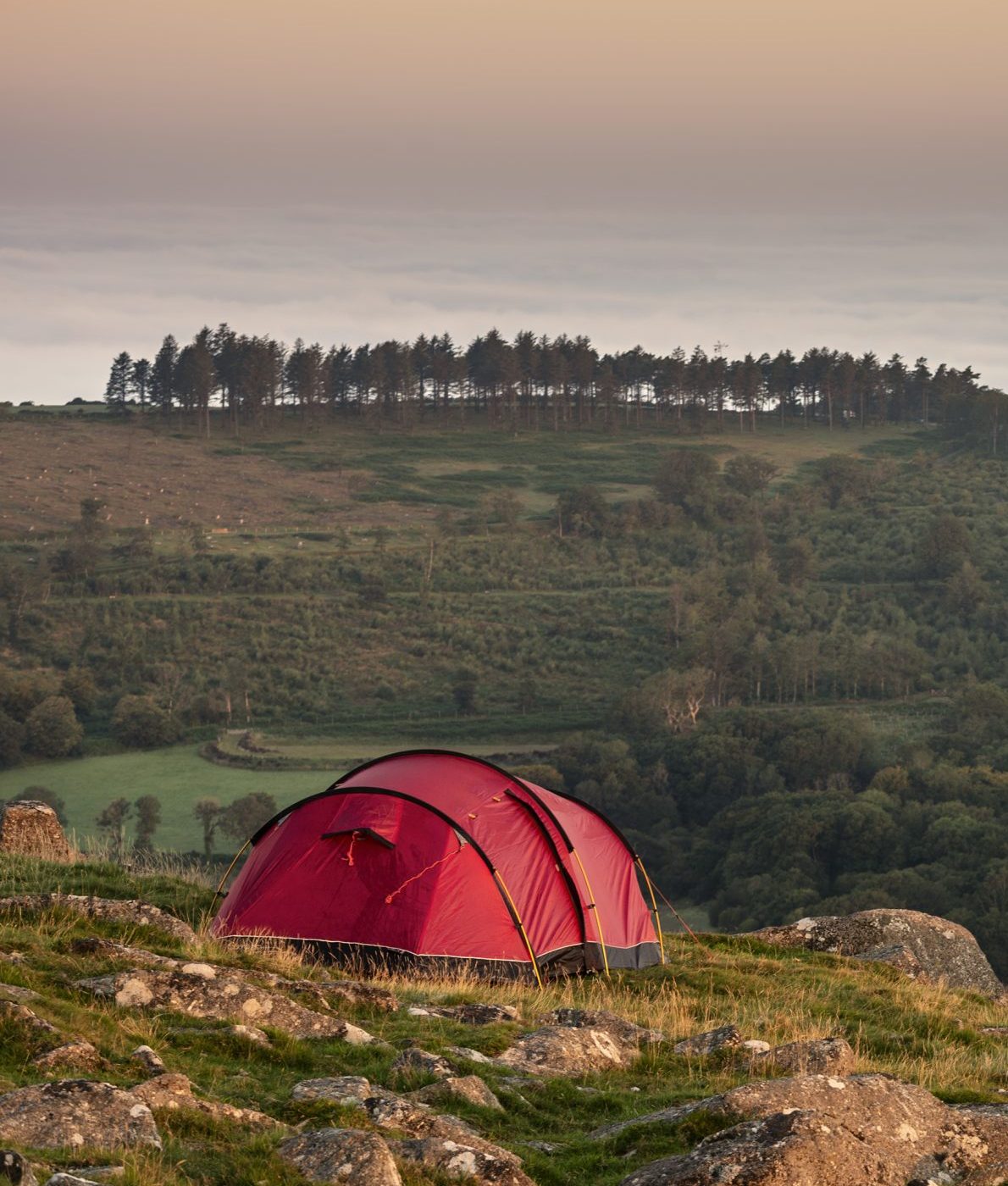
With Dartmoor’s right to camp upheld, Campaign for National Parks and others are calling for a bold new era of open access and outdoor enjoyment.
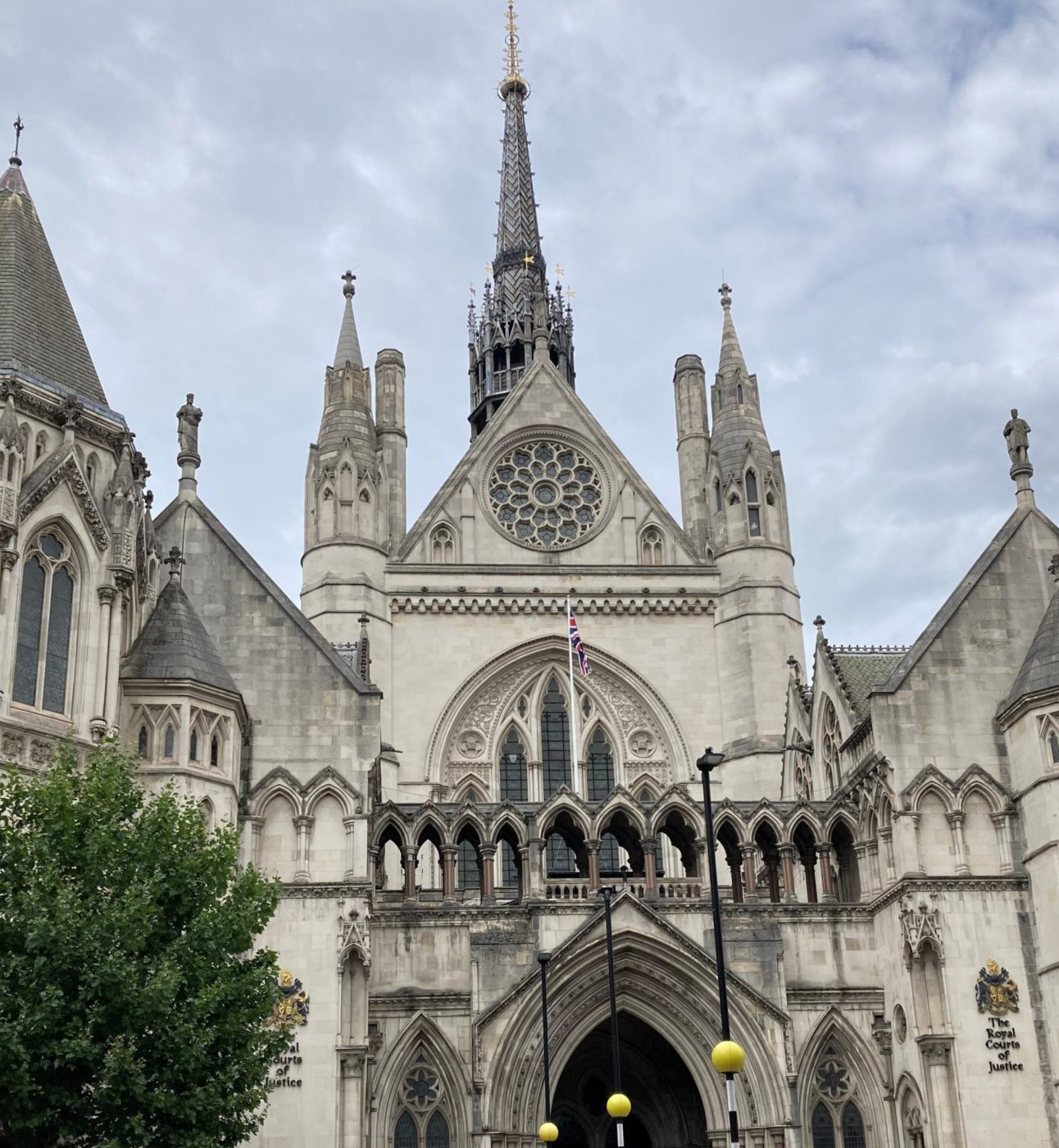
This week, Campaign for National Parks is in court to defend the law protecting all of England’s National Parks and National Landscapes.
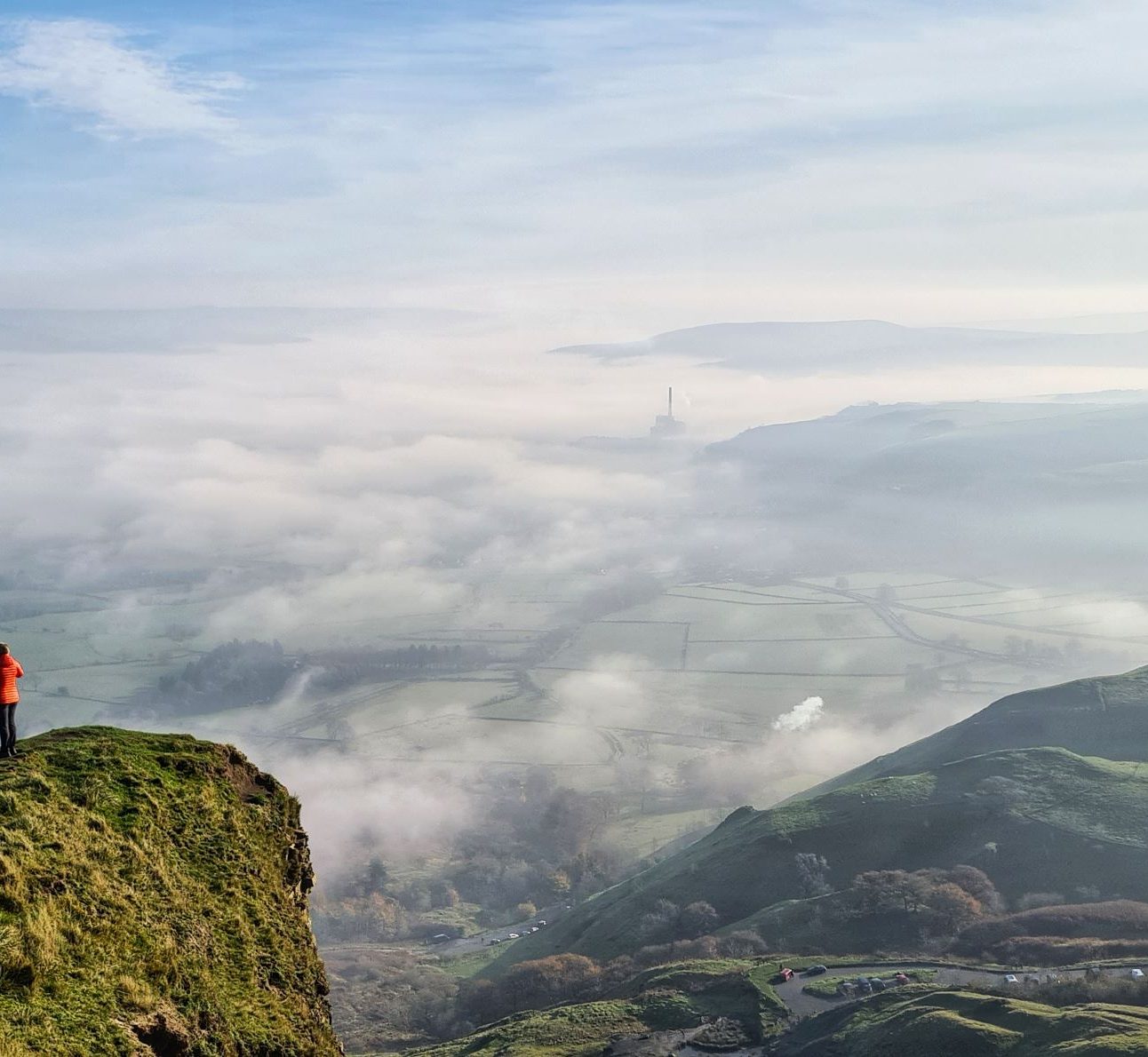
After questions about introducing an entry fee for visiting the Peak District it's important to look for other ways to fund National Parks that keep them free for everyone
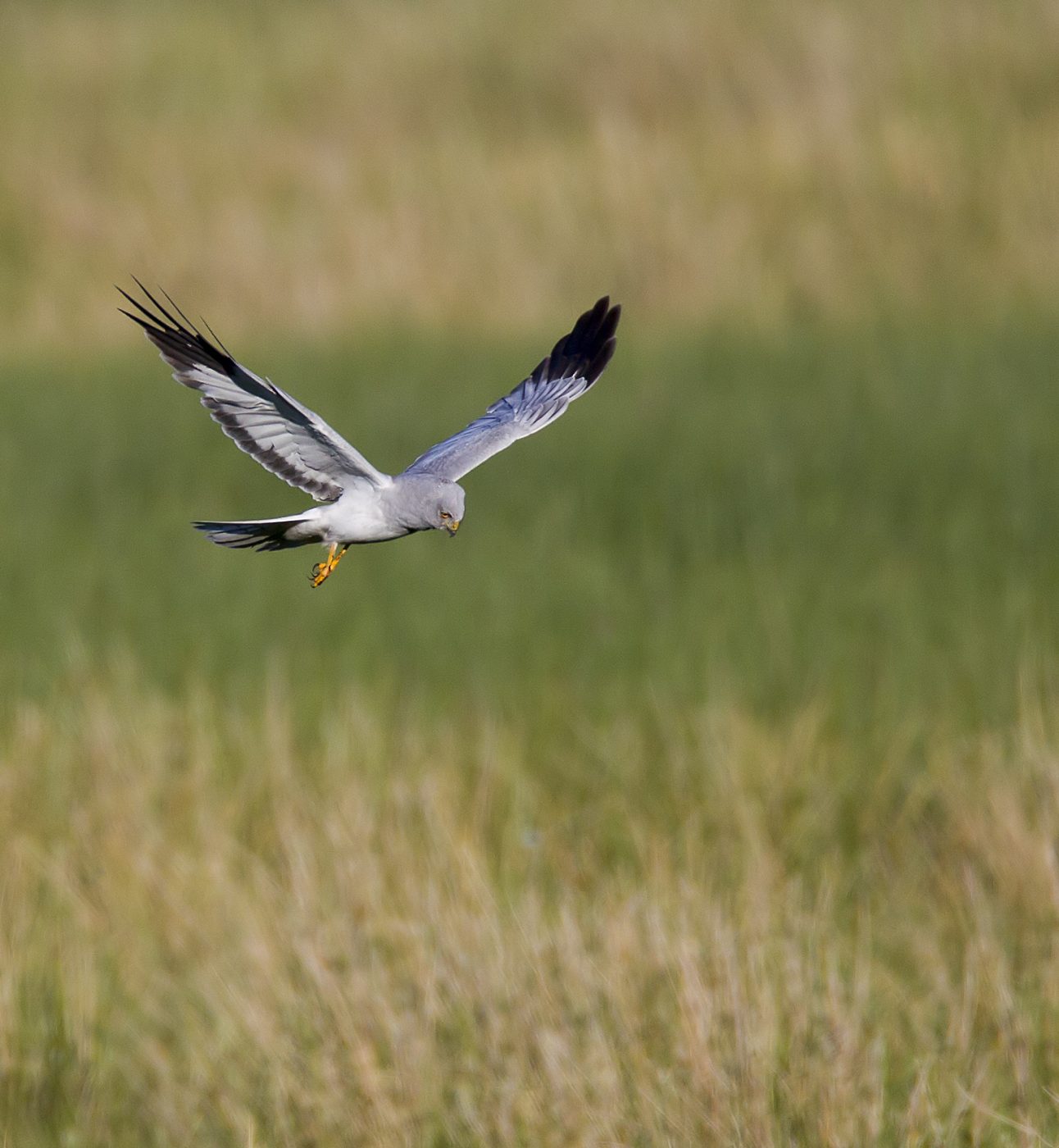
Campaign for National Parks has successfully applied to the High Court for permission to intervene in a judicial review.
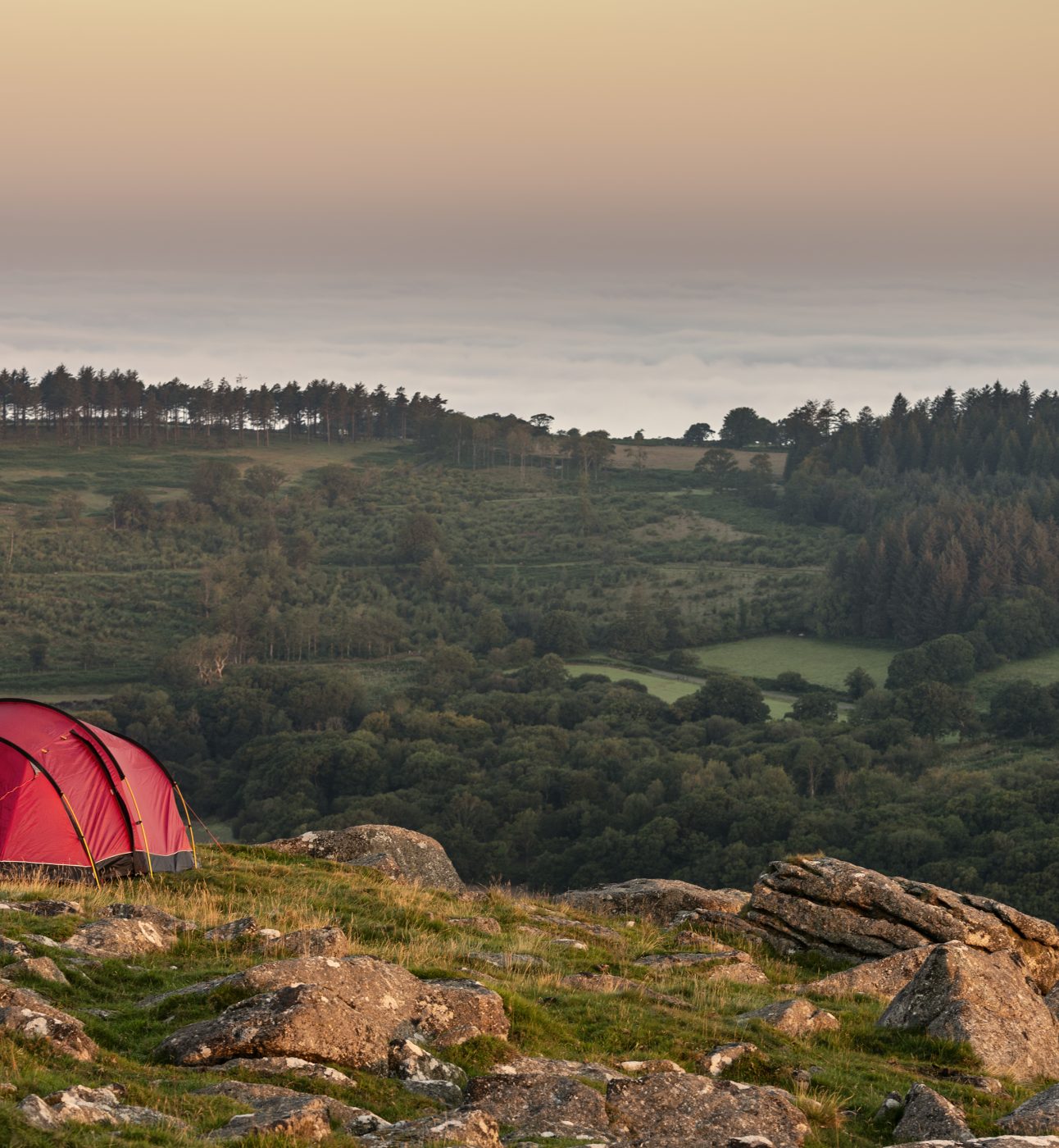
Right to wild camp without landowner permission will be allowed on Dartmoor after the supreme court rejects landowner appeal.

This summer we're sharing some incredible stories from young people across National Parks in England and Wales as part of our New Perspectives project.